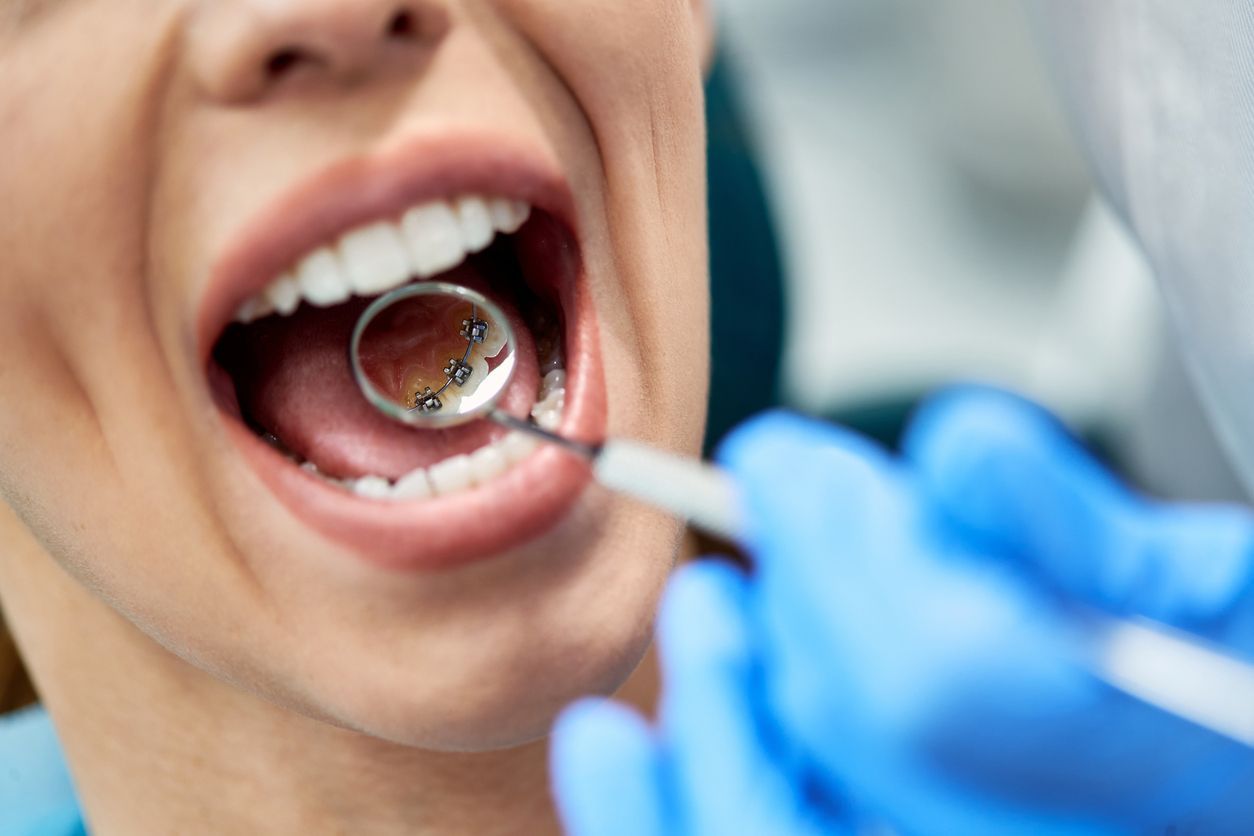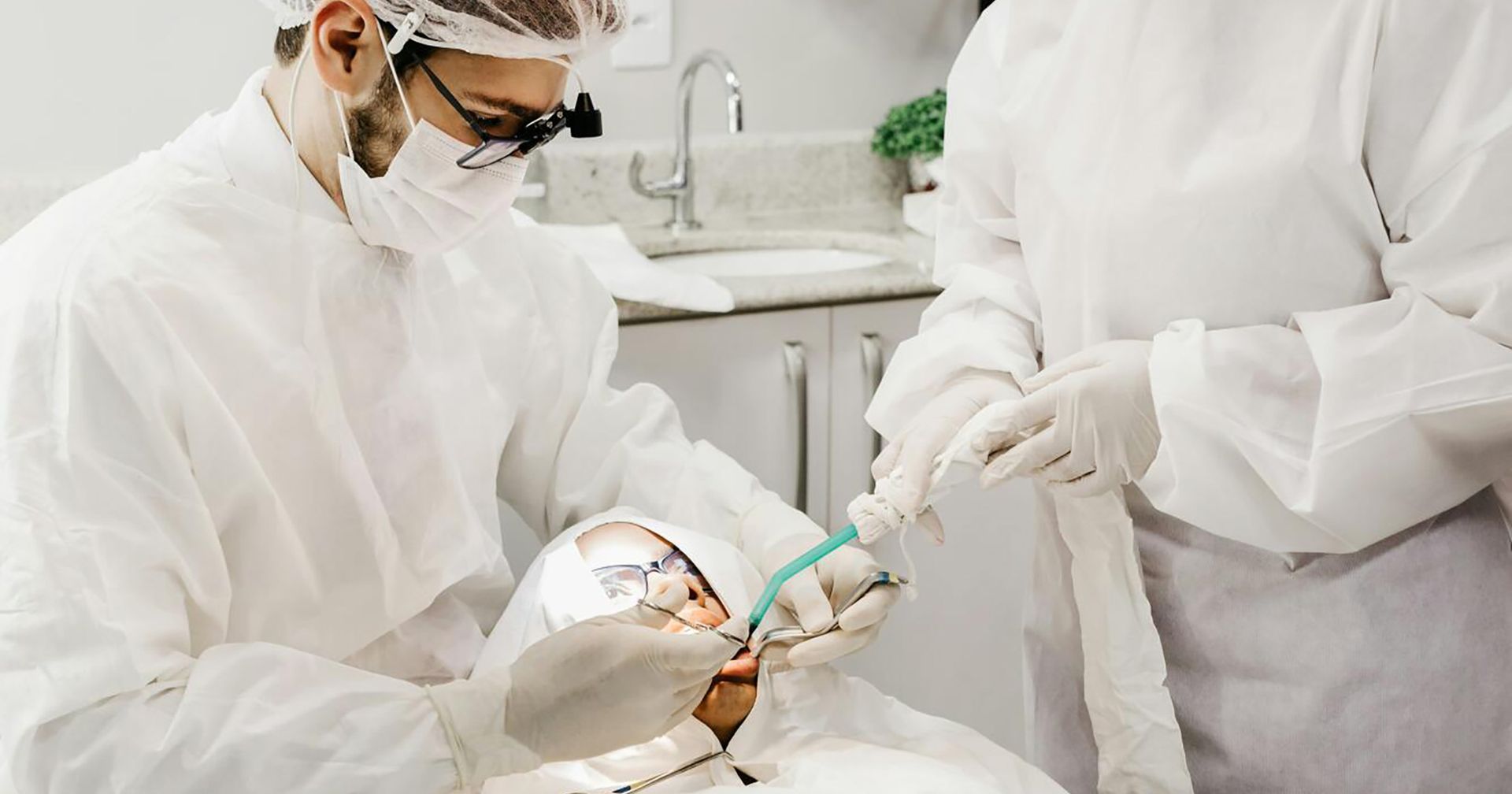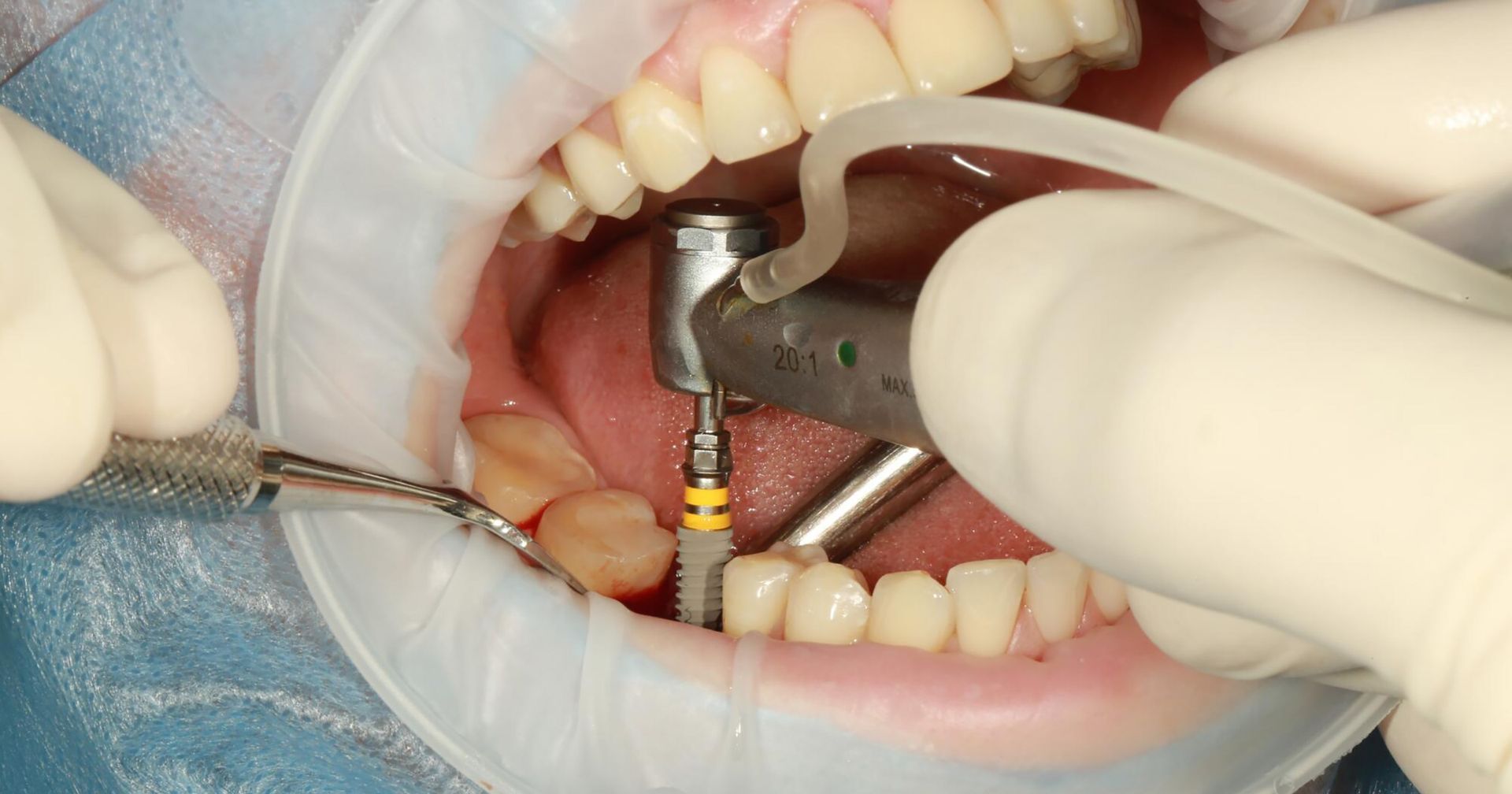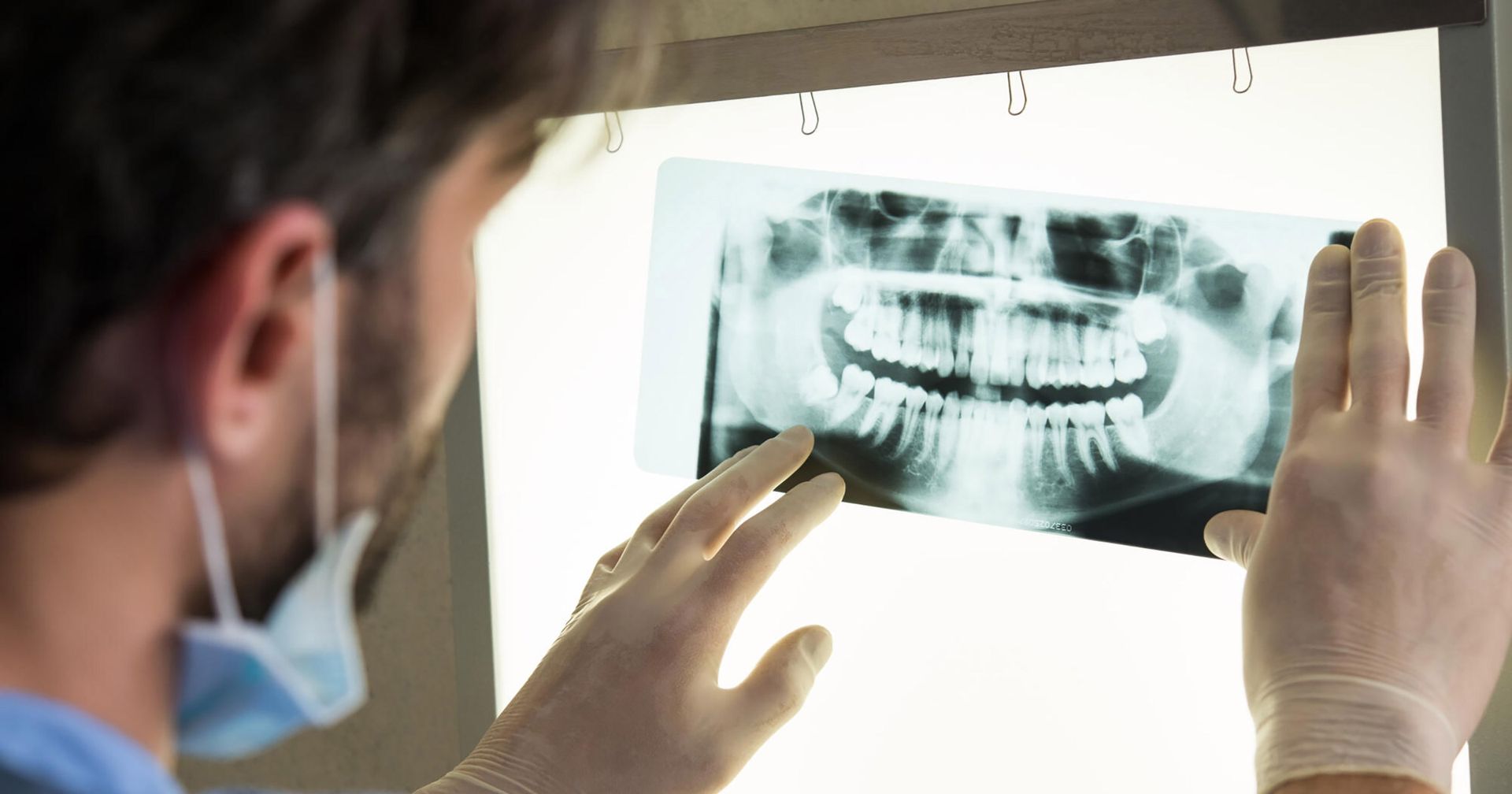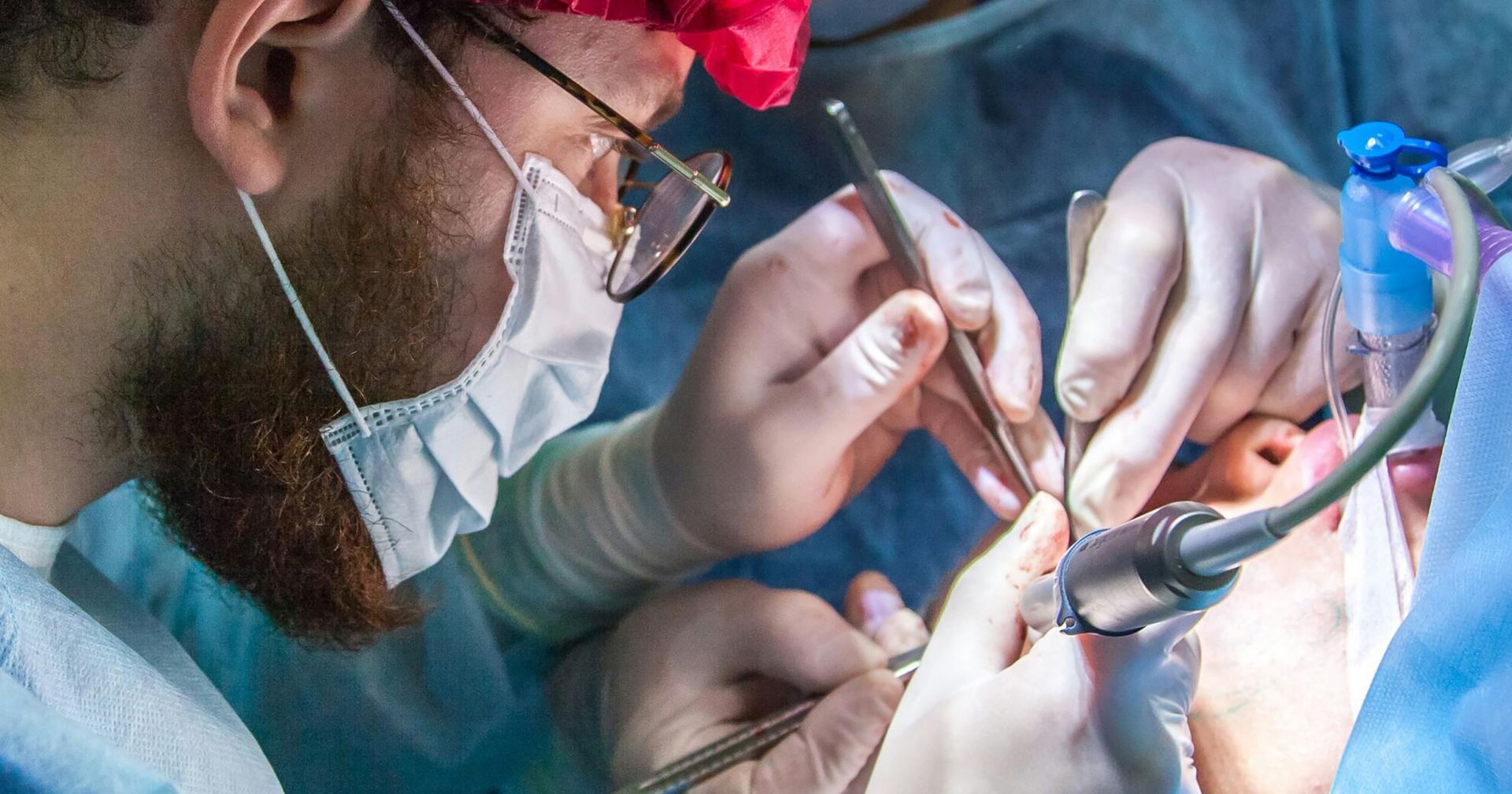The Different Types of Dental Implants, Explained
What are the different types of dental implants and which is right for your specific needs? We're explaining the answers in this guide.
Did you know that missing teeth can lead to numerous health problems? The space created when you lose just one tooth causes the others to shift, and over time, this can misalign your bite. While it may seem to be a cosmetic issue, the truth is that an improper bite can cause your teeth to wear or become sensitive, headaches, muscle pain, and TMJ.
Thankfully, dental implants can replace missing teeth and prevent these issues. Keep reading about the different types of dental implants you may be offered by your
dentist in South Philadelphia, PA!
What Are Dental Implants?
Dental implants are small posts, usually made of titanium, that connects to your jaw. They act as the roots of a missing tooth and connect to an abutment, the element that connects to the visible part of the implant.
There are several types of
dental implants, which means that most patients can find an adequate solution to their oral health problems.
Types of Dental Implants: Endosteal vs. Subperiosteal
There are two main dental implant types: endosteal and subperiosteal. Endosteal dental implants are the most common and are shaped like small screws. These titanium posts are surgically placed in the jawbone, to which they fuse to create a strong base for a crown.
The benefit of endosteal implants is that they are very durable, meaning they function and feel like a natural tooth when healed.
Although less common than endosteal implants, subperiosteal dental implants are still used when a patient's jawbone isn't healthy enough to support an implant. The post is still placed under the gums but rests above the jawbone.
As you can imagine, subperiosteal implants don't offer the same level of durability as endosteal implants, but they are still a great alternative.
Single Tooth Implants
If you only have one missing tooth, a single-tooth implant will do the job. The procedure involves placing the post into your jaw and letting it heal for a few months. During this process, the implant will fuse to your bone, and you'll wear a temporary crown until the post is strong enough to support the permanent one.
The next stage of the implant procedure is attaching the abutment, after which your gums will need to heal for a couple of weeks. Yet, sometimes this step is bypassed using an implant that already has the abutment attached.
The final step involves creating your permanent crown and attaching it to the abutment. It should look and feel just like a natural tooth!
Multiple-Tooth Implants
For most patients, multiple-tooth implants are a better alternative to fixed bridges and or partial dentures. They look much more natural and don't require support from neighboring teeth. Moreover, help preserve your jawbone, preventing the recession that sometimes happens with dentures.
Multiple-tooth dental implants are also easier to maintain since they don't need to be removed for soaking and cleaning. You care for them just like your natural teeth!
The difference between single and multiple-tooth implants is that you'll receive several implants. A bridge will usually be used to replicate your natural teeth instead of individual crowns, depending on the location of your missing teeth.
Full Mouth Implants
If you need to replace all of your teeth, you may think that conventional dentures are your only option. However, that's far from true—full-mouth implants are a more permanent solution that offers several advantages.
First of all, they are more stable because they replace some of your tooth roots, meaning you can chew nearly any food without discomfort. Cleaning and care are also more straightforward since you can brush and floss as you normally do.
The implant process is similar to that of single-tooth implants, but your dentist will prepare your entire mouth for implants instead of just one tooth. This may mean removing decaying teeth and letting them heal before performing the procedure.
Full-mouth implants use complete bridges that attach to the abutments anchored by the implants. They do not need to be removed, so your dentist will screw or fix them into place.
Are You a Good Candidate for Dental Implants?
While there are several different types of dental implant procedures, your dentist will need to evaluate your jawbone and oral health to ensure implants are right for you. Typically, you'll need to meet the following conditions before getting a dental implant:
- Healthy gums
- Sufficient jawbone density
- Have good oral health habits
- Quit smoking
- Minimal to no bruxism (grinding teeth)
If you smoke or have any medical conditions that may interfere with the success of your implant procedure, you'll need to let your dentist know. If any of these are dental-related, such as gum disease, your dentist can help you treat the condition before the implant procedure.
When you've been missing teeth for a long time, it's likely that your jawbone has suffered some deterioration or recession. That doesn't always mean you aren't a candidate for implants, but you may need a bone grafting procedure first.
Even if you already have bridges or dentures, you may still be a good candidate for implants. Your dentist can even use implants to reinforce the existing work.
Of course, the only way to know for sure whether you are an ideal candidate for dental implants is to speak with a trained professional. So, if you're interested in finding out, we recommend scheduling a consultation with us!
Visit a Dentist in South Philadelphia, PA, for Implants!
If you're looking for an experienced dentist in South Philadelphia, PA, be sure to contact us today! We are experts in dental implants and use cutting-edge technology in all our procedures. That means you can rest easy knowing you'll get the best care possible.
For more information, call (215) 271-7776 or request an appointment on our website!

